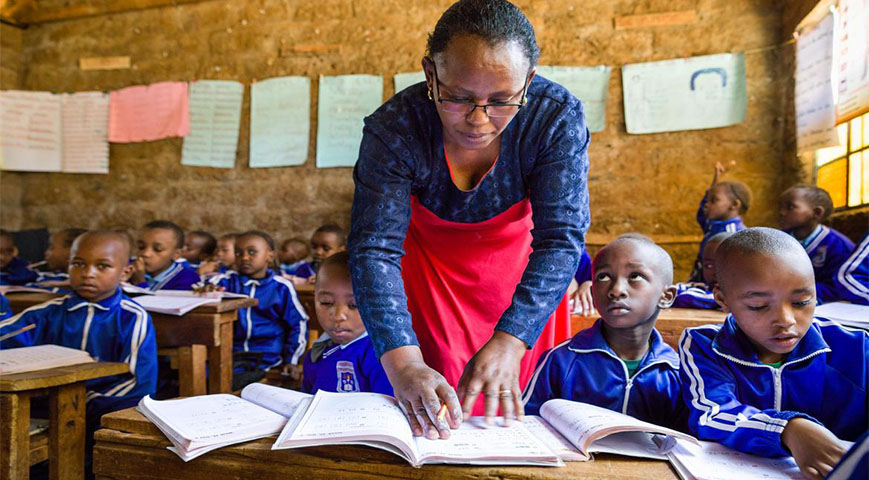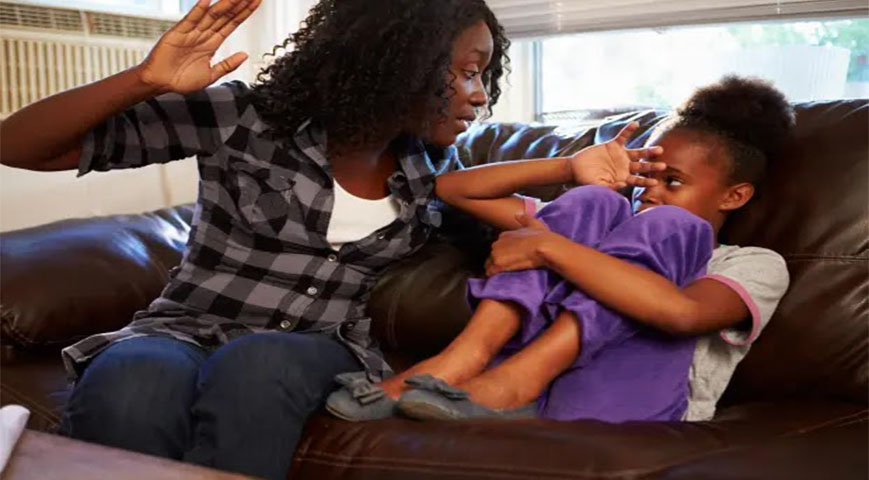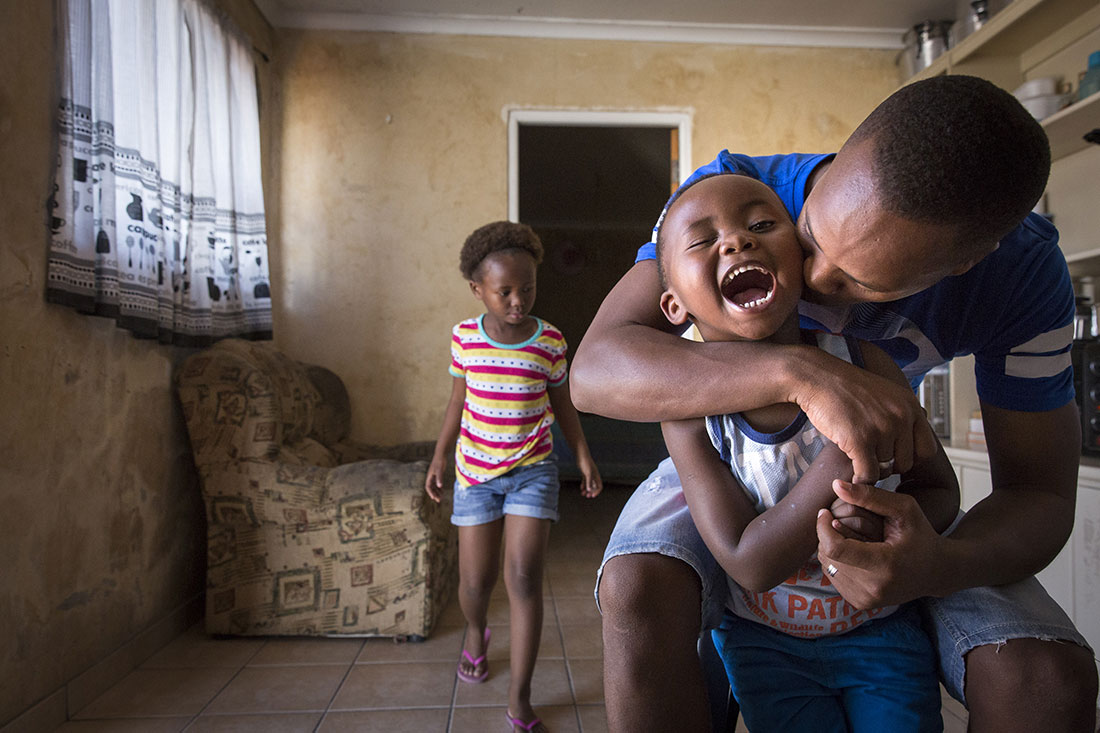Teachers and parents play critical roles in shaping a child's development, but the extent to which each influences a child varies depending on the child and their unique circumstances.
On the one hand, parents are typically the primary caregivers for their children and have significant daily interaction with them. As a result, they significantly impact a child's early development, including cognitive, social, and emotional growth. They also provide a sense of security and stability to a child, and their love and support can improve a child's self-esteem and overall well-being.

On the other hand, teachers play an important role in a child's education and can significantly impact academic performance and intellectual development. Teachers teach children the knowledge and skills they need to succeed in school and life.
They also serve as role models for children and can significantly impact their values, beliefs, and behavior. Furthermore, teachers can provide a safe and nurturing learning environment, which is critical for children's development.
Did you read this?

It is important to note that teachers' and parents' influences are not mutual, and they frequently collaborate to support a child's development. Parents, for example, can help their child's education by collaborating with teachers to set goals, create a positive study environment, and provide additional support and resources at home.
On the other hand, teachers can involve parents in their child's education by keeping them updated on their child's progress, providing feedback and suggestions, and encouraging parental participation in school activities.











